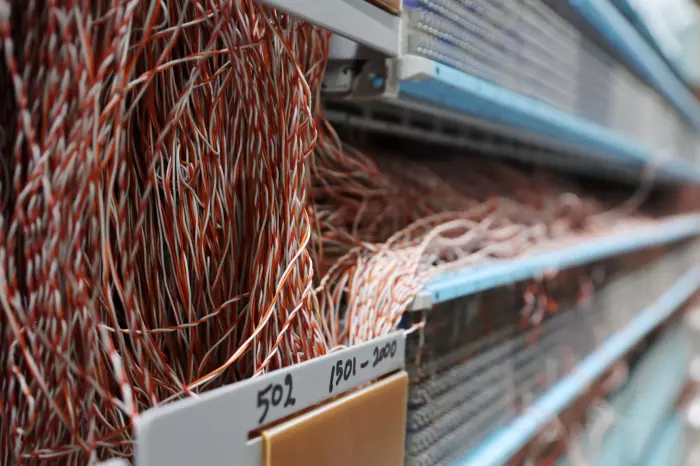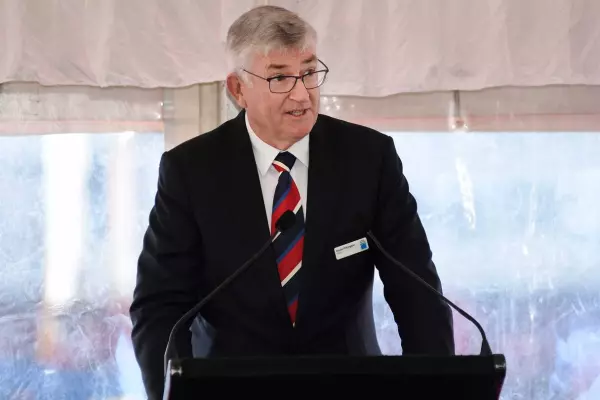Chorus is taking a softly-softly approach to powering down copper services from a handful of cabinets later this year as the network operator works out how best to manage the transition.
The telecommunications utility company will start with 30 cabinets, affecting roughly 250 of its 553,000 customers still using fixed-line copper services, powering down the cabinets and not sending out technicians to fix faults.
Chorus won’t focus the initial period in one area and will instead spread the initiative around where fibre penetration is north of 85% — primarily in the first tranche of the fibre network build. The company also wants to see how it will affect different customer types, be they an old-school landline customer, a VDSL or ADSL broadband user, or a monitored alarm service.
Chorus spokesperson Steve Pettigrew said one of the issues facing the company is that copper customers aren’t hugely engaged with telco services.
“Our commitment, beyond anything in the code, is that we hand-hold everybody and make sure nobody gets left behind or left without a service,” he said.
The network operator has been working closely with Spark, which is going through the process of turning off its own legacy phone network — the public switched telephone network or PSTN.
Spark is closing about 80 switches a year, and by the middle of last year had decommissioned a third of that network. By the June 2023 financial year, it wants that network completely decommissioned, and 90% of broadband use off copper.
Shared experience
Spark shared its experiences from Miramar and Devonport where the retailer trialled its full PSTN exit.
Depending on what Chorus discovers, it expects to expand the programme out to 400 cabinets by the end of this calendar year.
Chief executive JB Rousselot stressed the withdrawal isn’t an overnight shutdown and Chorus will walk affected customers through the process, noting the six-month notice required under a Commerce Commission code.
“Our plans in the next 12 months are expected to affect less than one percent of the half-million customers still on copper today,” he said.
Chorus spent $23 million to sustain its copper network in the final six months of 2020, less than half the $54 million it spent a year earlier. Its fibre footprint is expected to become more expensive as that network gets older.
The copper retreat can only happen in areas designated a specified fibre area, preserving access in rural and remote areas where it’s not economic for fibre companies to build.















